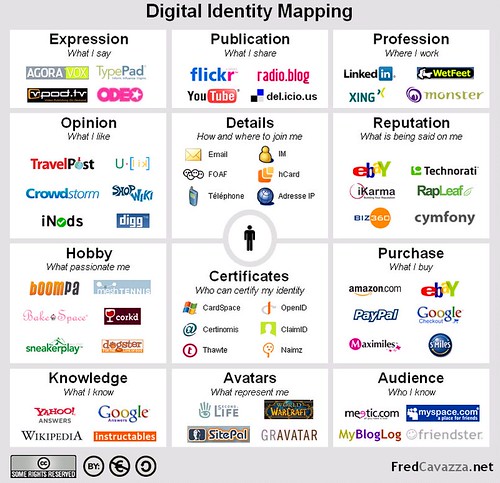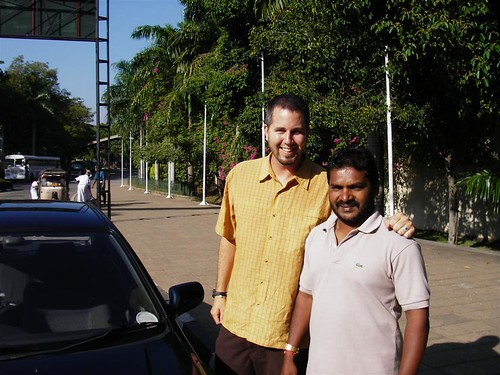 (I wrote this in January – never finished, nor published it. I’m cleaning out some blog drafts and it felt worthwhile to try and tidy this one up and get it out. )
(I wrote this in January – never finished, nor published it. I’m cleaning out some blog drafts and it felt worthwhile to try and tidy this one up and get it out. )
As I chew over my learnings of the past week in Rome for the Share Fair and work at IFAD (the International Fund for Agricultural Development, another UN Agency), one lesson I clearly needed to learn was the boundary between edge of disagreement and the pit of cynicism. As a facilitator, I am often accused of abusing political correctness, or even of being a Pollyanna. In my advocacy of communities, I have been cautioned about the negative influence of groupthink and the erosion of tolerance for diversity.
I often think of these admonitions as reactions reflecting past negative experiences of something. “I had a group exclude me, therefore groups are more about who is out than who is in.” Or “the politically correct forget the value of critical thinking.” I have always struggled to respond to these comments because they are always correct – some of the time. There are counter examples in every case, and counter patterns. Everything has a dark and a light side, so our generalizations are as damaging as they are helpful.
My only way to cope with this is to try and practice a set of principles that work to promote as generative and useful contexts for working as I can. But heck, like everyone else, I fail. All the time. I abuse my own values.
I noticed one situation last week that really stuck out for me. I was getting very frustrated with the planning process of the Share Fair over the last few months. I felt a sense of fear to really live into the spirit of knowledge sharing. A protection of organizational rather than collective values as five organizations collaborated to create the event, and the oppressive weight of political formality that is embedded in some of the organizations. I even got petulant and threatened to not come. Uh oh.
But I flew to Rome. I was frustrated that the sessions I was to facilitate were labeled as “discussions” – faint cover for “traditional panel sessions,” and that I was assigned a technical session I knew little about. In short, I found a lot to complain about and expected little. Uh oh.
When did I slip from disagreement to cynicism? How could I then let my cynicism dampen or even hurt others who were trying their best to make a positive outcome? One of the lead facilitators, who was overburdened not just with the Fair, but with other work and the typical string of mishaps outside of work, said something to the effect that she had chosen optimism as her approach in the face of challenges.
Where is the line between constructive disagreement and engagement and the heavy dampening of cynicism? How do we continue to push forward and not fall back to old habits, work with all the negativity, and still retain a sense of possibility and optimism? And why is this so important?
During the Fair, sure, there were a lot of cool things we could have done. Did they go as far as they could have? In many cases, no. But did they go far ENOUGH? There was a palpable sense of learning permeating so many of the sessions. There were people huddled in conversation in the booths and over coffee. (I have to say, I’m SO happy that the decision to have a dedicated coffee/food bar IN the actual event area was preserved. I can’t say enough of the magical power of food and good Italian coffee to convene knowledge sharing moments.) So what if the opening was stiff and formal. What about the excitement of participants in the blogging session who said “NOW I know what blogging is all about.” Or the colleagues from different organizations who sat together in a panel discussion and discovered important intersections in their work.
In our aspirations to make something the best it can be, we can be blinded by the “rightness” of our own ideas. So, they might be right. But they are not the only possibility. Big ships turn slowly, but the people on them can still be individually and collectively nimble. Cynicism dampens the human spirit. Constructive and positive (in attitude and spirit) disagreement can stimulate innovation and growth. We should no more keep quiet with new ideas just because they are disruptive than we should condem others because they don’t see nor appreciate our divergent ideas.
I was in a conversation with one of the responsible staff for the fair. I was chastizing him and his organization for not taking the leap of leadership into experimentation for positive change. I said people were being too safe.
He looked at me, an outside consultant, and said “thats what we hire you for.”
If this is true, then my role as external agent of disruption must continue to offer divergent perspectives, but not fall into the trap of cynicism. Then my value disappears.
Photo: Uploaded on January 18, 2009 by Laura Whitehead
 My friend and colleague, Shirley Williams, pointed me to a great resource on digital identity (DI) that she and her colleagues created for their students at Reading University in the UK. It is called “This Is Me.”
My friend and colleague, Shirley Williams, pointed me to a great resource on digital identity (DI) that she and her colleagues created for their students at Reading University in the UK. It is called “This Is Me.” (I wrote this in January – never finished, nor published it. I’m cleaning out some blog drafts and it felt worthwhile to try and tidy this one up and get it out. )
(I wrote this in January – never finished, nor published it. I’m cleaning out some blog drafts and it felt worthwhile to try and tidy this one up and get it out. )
